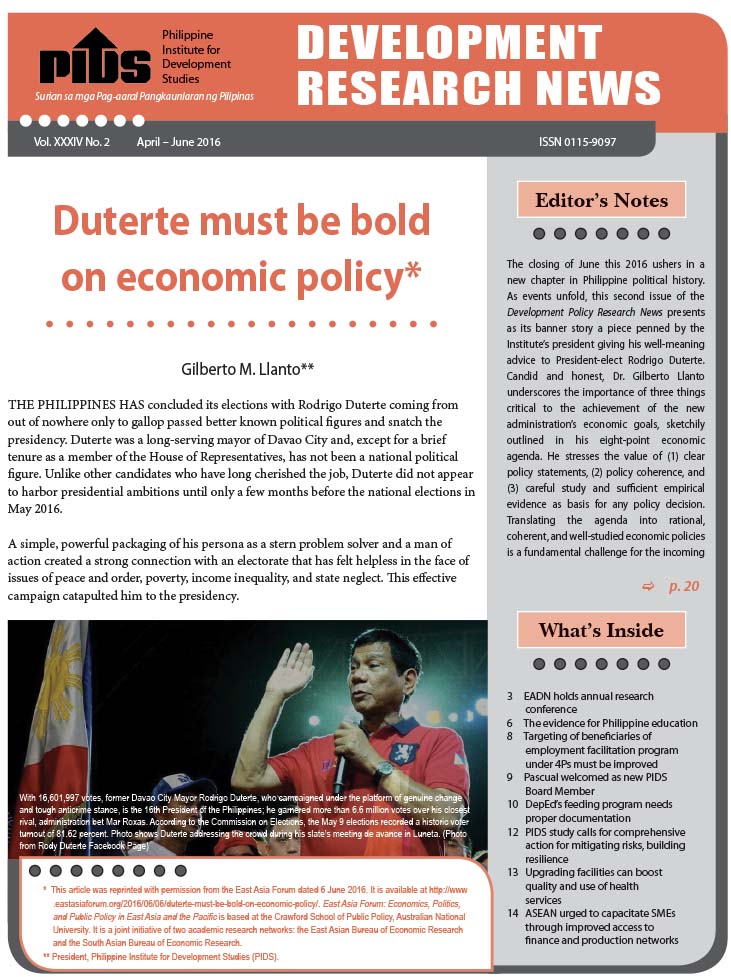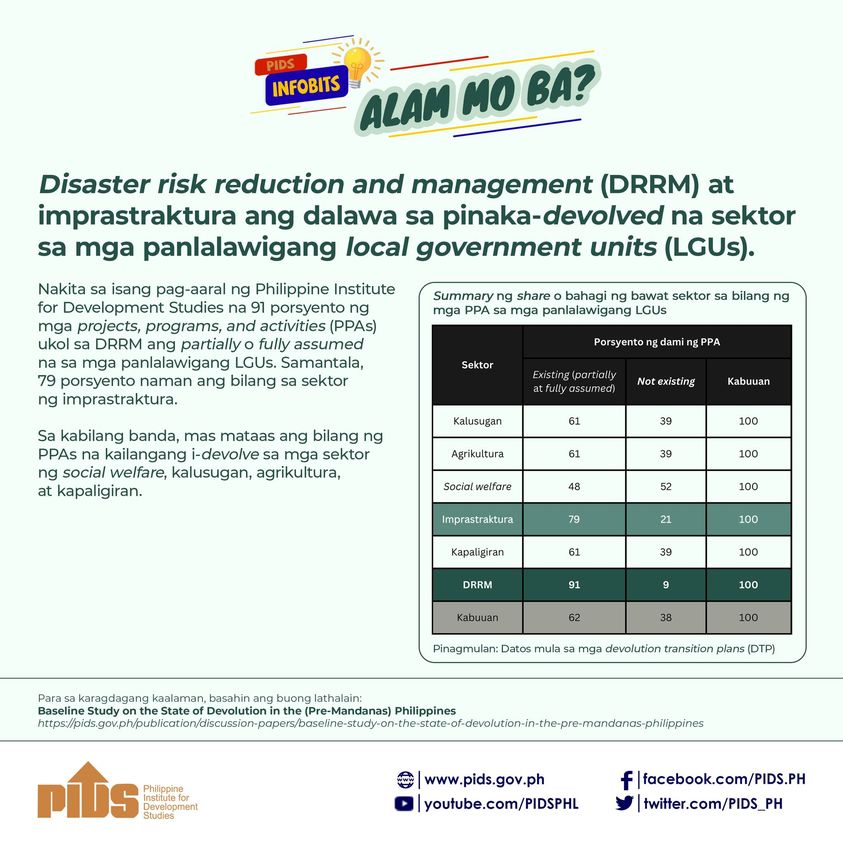Not just the lives but even the livelihood of poor Filipinos, particularly those depending on agriculture exports to Europe, are at stake once the bill reinstating the death penalty is passed, economists said.
They are concerned that reviving the capital punishment could negatively affect the country’s trade relations with Europe, resulting in the removal of the country’s trade privileges under the European Union-Generalized Scheme of Preferences Plus (EU-GSP+).
Former Tariff Commissioner George N. Manzano said that, while the country’s main export to Europe are electronic and mechanical products, merchandise exports that fully take advantage of the EU-GSP+ are food and agriculture items, many of which are peddled by poor farmers and fishermen. “We will lose our competitive advantage against those that do not have GSP+ standing but enjoy lower tariffs and those who will continue to enjoy
GSP+ privileges,” Manzano told the BusinessMirror.
Philippine Institute for Development Studies (PIDS) Research Fellow Roehlano M. Briones said agriculture exports that could be affected are coconut oil and fishery products, like processed tuna.
Manzano added that many of these exporters operate from Mindanao, which is home to the country’s poorest region—the Autonomous Region in Muslim Mindanao.
Briones said if the GSP+ is removed, tariffs could go up anywhere from 7 percent to 10 percent. While this is not a significant amount, this is expected to hurt Filipino exporters.
“That’s a relatively strong hit, but it will not be a deal-breaker for exporters. But it’s definitely going to be a cost,” Briones said in a phone interview.
Apart from trade costs, Manzano said the removal of the GSP+ could negatively impact the country’s foreign direct investments (FDI). He said this could discourage foreign players from putting up businesses in the country in the hope of taking advantage of the country’s GSP+ standing.
The country’s FDI inflows in the January-to-October 2016 period reached $6.2 billion, a 22.2-percent growth from the $5.1-billion posted in the same period in 2015. These were channeled to real estate; manufacturing; wholesale and retail trade; electricity, gas, steam and air-conditioning supply; and human-health and social-work activities.
“Due to the removal of the GSP+, we might be less attractive to invest in. One of the considerations is the rules of origin, so we can only export products that are made in the Philippines or products that have high value-added content from the country or Europe,” Manzano said.
National Economic and Development Authority (Neda) Undersecretary Rosemarie G. Edillon told the BusinessMirror that, while it hopes the country retains its GSP+ standing, the government is also committed to expand and diversify its export markets.
This is one of the goals set under the 2017 to 2022 Philippine Development Plan (PDP), the country’s medium-term socioeconomic blueprint, which is currently being crafted by the Neda.
“We hope we will not be removed. We hope EU will acknowledge our efforts to protect the rights of claimholders. Sometimes there are conflicting claims but we do have procedures to resolve these, making sure that processes are inclusive,” Edillon said.
Manzano said losing the GSP+ standing of the country will be a waste since the country is one of the few, if not the only Asean country, granted the privilege.
The EU-GSP+ is a preferential trade scheme that the Philippines has been benefiting from since December 2014. The EU-GSP+ allows the Philippines to export 6,274 products to the EU duty free.
This is an upgrade from the regular EU-GSP, which only covered 6,209 products and of which only 2,442 products are accorded duty-free privilege.
The Philippines’s availment of this scheme, however, is subject to continuous review and is hinged on the observance of 27 international conventions.
Among these conventions is the International Covenant on Economic, Social and Cultural Rights, of which the Philippines is a party to. The country similarly agreed to the amendments of the said convention, or the “Second Optional Protocol to the International Covenant on Civil and Political Rights.”
Majority vote
Despite the growing opposition against the revival of the death penalty, Speaker Pantaleon D. Alvarez on Tuesday said he has enough vote to approve the bill in 30 days.
In a news conference, Alvarez expressed confidence that the so-called super majority in the House will vote in favor of the death penalty bill.
“I am very confident of its passage because we have the [super majority] coalition. And if there is anyone who will go against it, there are probably just five or 10 lawmakers,” Alvarez added.
According to the Speaker, the full debates on the bill will start next week, and he expects to complete its passage in 30 days in the lower chamber.
“[But] let’s allow the full debates to happen to know the sentiments of the members,” said Alvarez, the principal author of the capital punishment bill.
In a separate news conference, Liberal Party Rep. Edcel C. Lagman of Albay, member of the legitimate minority bloc, said there are at least 50 lawmakers who want to interpellate once the plenary debates on the bill start next week.
Lagman asked Alvarez to allow all lawmakers even from the super majority to exercise “a conscience vote instead of a party vote.”
“Party vote means a pressure vote,” he said.
Lawmakers from the super majority who expressed opposition against the reimposition of capital punishment are Deputy Speaker and Lakas Rep. Gloria Macapagal-Arroyo of Pampanga, PBA Party-list Rep. Jericho B. Nograles and the Makabayan bloc.
Alvarez said the lower chamber may change the scope of the death penalty bill, as they may focus only on illegal drugs-related crimes.
Death penalty also puts livelihood of poor at risk












